From March 10th to 15th, the stunning Santuario d’Oropa became the vibrant hub for the 20th Cycle of the ASP Winter School. Over the course of five transformative days, ASP students delved into the theme of “Anticipatory Innovation for Place-Based Prosperity,” exploring innovative strategies to tackle complex societal challenges through anticipatory governance.
Immersive learning in a historic setting
Under the coordination of Prof. Mario Calderini, the Winter School offered a unique environment for interdisciplinary collaboration. Students engaged with keynote speakers, participated in interactive workshops, and connected with local stakeholders, embracing a hands-on approach to learning Anticipatory Innovation Governance (AIG). This forward-thinking framework equips future leaders with the tools to address uncertainty while integrating economic, social, and environmental dimensions.
The ASP Winter School embraces the complexity of ‘cloud problems’, challenges that resist simple solutions and demand adaptive, collaborative approaches. By applying Anticipatory Innovation Governance in a place-based context, students will engage with local stakeholders to design innovative, impact-driven solutions that integrate social, environmental, and economic dimensions. Through hands-on learning in Biella, they will explore how to navigate uncertainty, foster shared responsibility, and shape sustainable futures.
– Mario Calderini
Politecnico di Milano, School of Management
Coordinator of ASP Winter School 2025
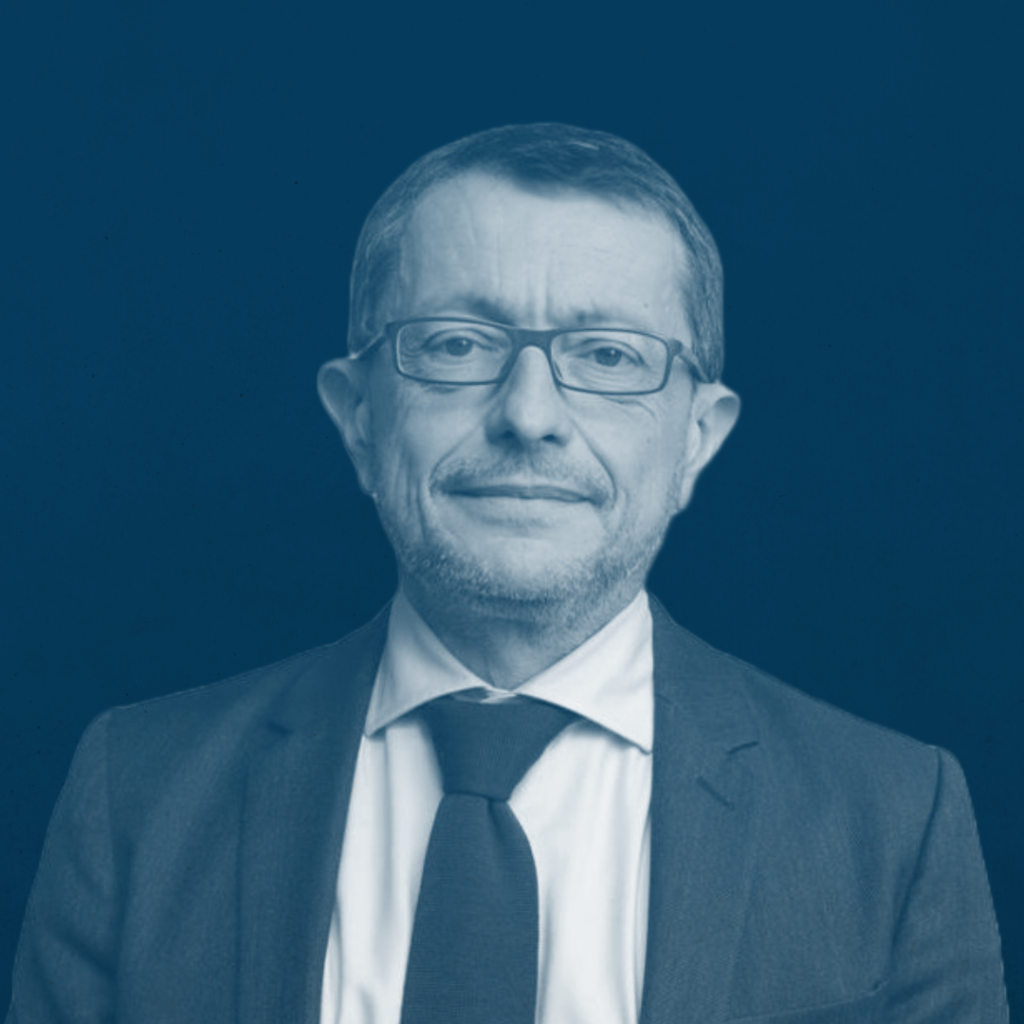
Exploring Biella’s socio-economic landscape
The program began with an introduction to AIG, setting the stage for an in-depth exploration of Biella’s socio-economic context. Prof. Egidio Dansero, from University of Turin – Culture, Politics, and Society, guided students through the region’s geography and cultural evolution, while Prof. Andrea Rolando, from Politecnico di Milano, Department of Architecture and Urban Studies, examined the area’s spatial and architectural heritage.
A field visit to SellaLab and the historic Sella wool manufactory provided firsthand insights into the interplay of tradition and innovation in local industry.
Reading and mapping the Biellese landscape – its natural, cultural and economic assets – shows how this territory is facing once again in its history a disruptive transformation. The challenge is to engage local communities to co-create the exhisting opportunities into an innovative, upcycled landscape, making Biellese a living lab that experiments with locally rooted solutions adaptable end valuable to similar contexts.
– Andrea Rolando
Politecnico di Milano, Department of Architecture and Urban Studies
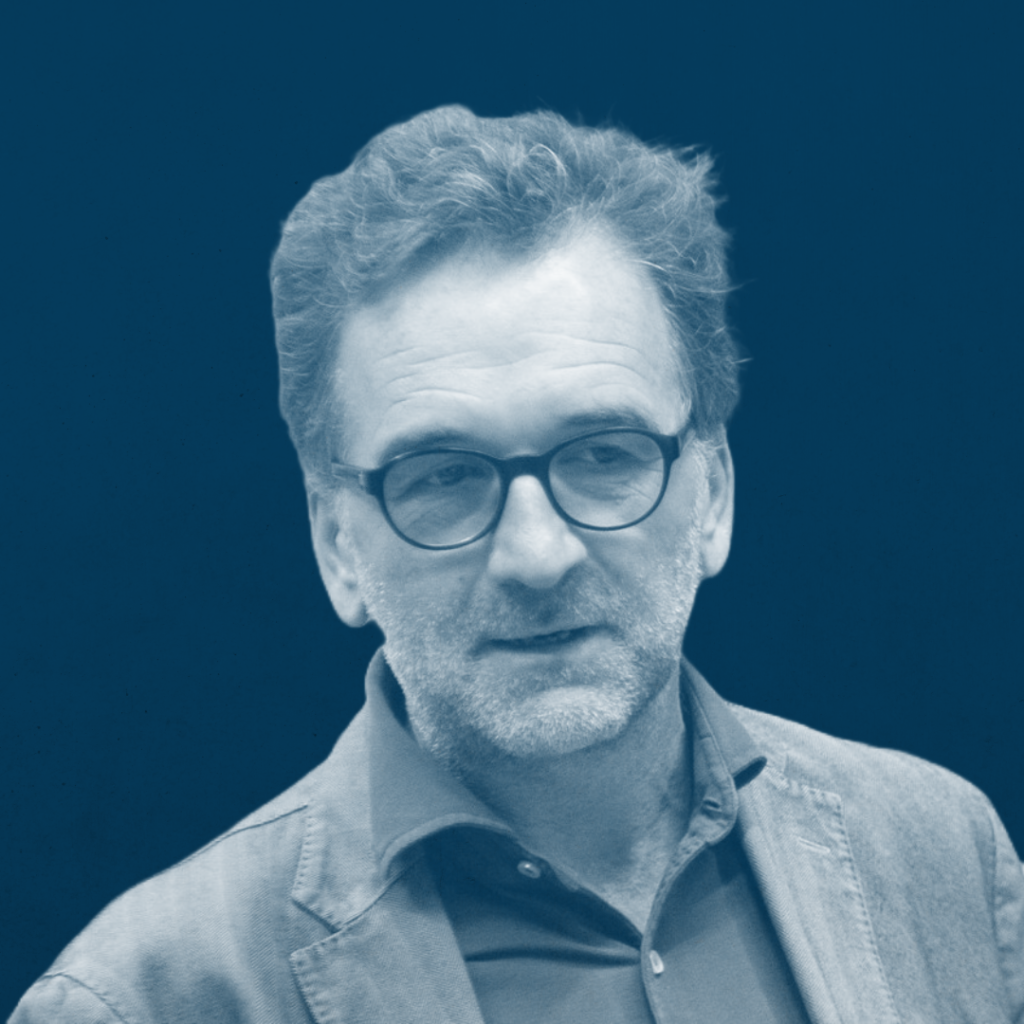
Engaging with experts and local innovators
Throughout the week, students had the chance to learn from distinguished experts. Pietro Sella, CEO of Sella Group, delivered a keynote on the group’s deep roots in the Biella territory, exploring its history, tradition, and drive for innovation, followed by an engaging conversation with Prof. Mario Calderini.
Angelica Sella, President of Fondazione Sella, highlighted the Foundation’s pivotal role in fostering territorial development and Josip Kotlar, Professor of Strategy, Innovation, and Family Business at Politecnico di Milano, delved into the delicate balance between preserving tradition and embracing innovation in family businesses.
Stefanie Kneer, Head of Sustainability at Three Hills, provided insights into impact investing and its role in financing sustainable innovation and additional lectures from Giulia Piantoni, Politecnico di Milano, School of Management, and Andrea Bonaccorsi, Università degli Studi di Pisa, explored ecosystemic innovation and place-based policymaking.
The future has ancient roots. To effectively implement territorial innovation processes, it is crucial to draw on the history and identity of places. Fondazione Sella’s historical archive — with its 2.5 kilometers of paper documents and 1,000,000 images — stands as a cultural asset, open and accessible to the entire community. It is a resource to be used for planning and shaping the future of the Biella area, transforming the archive into a shared resource.
– Angelica Sella
President of Fondazione Sella
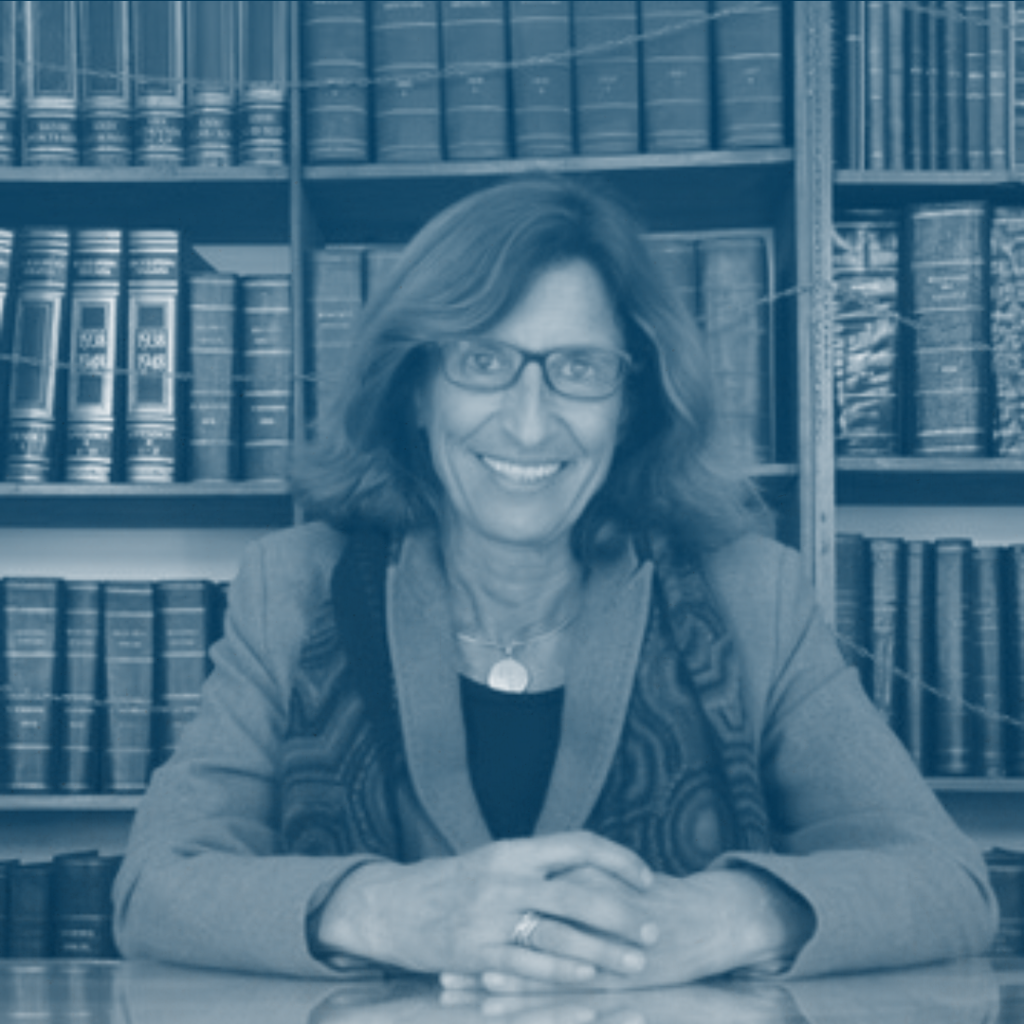
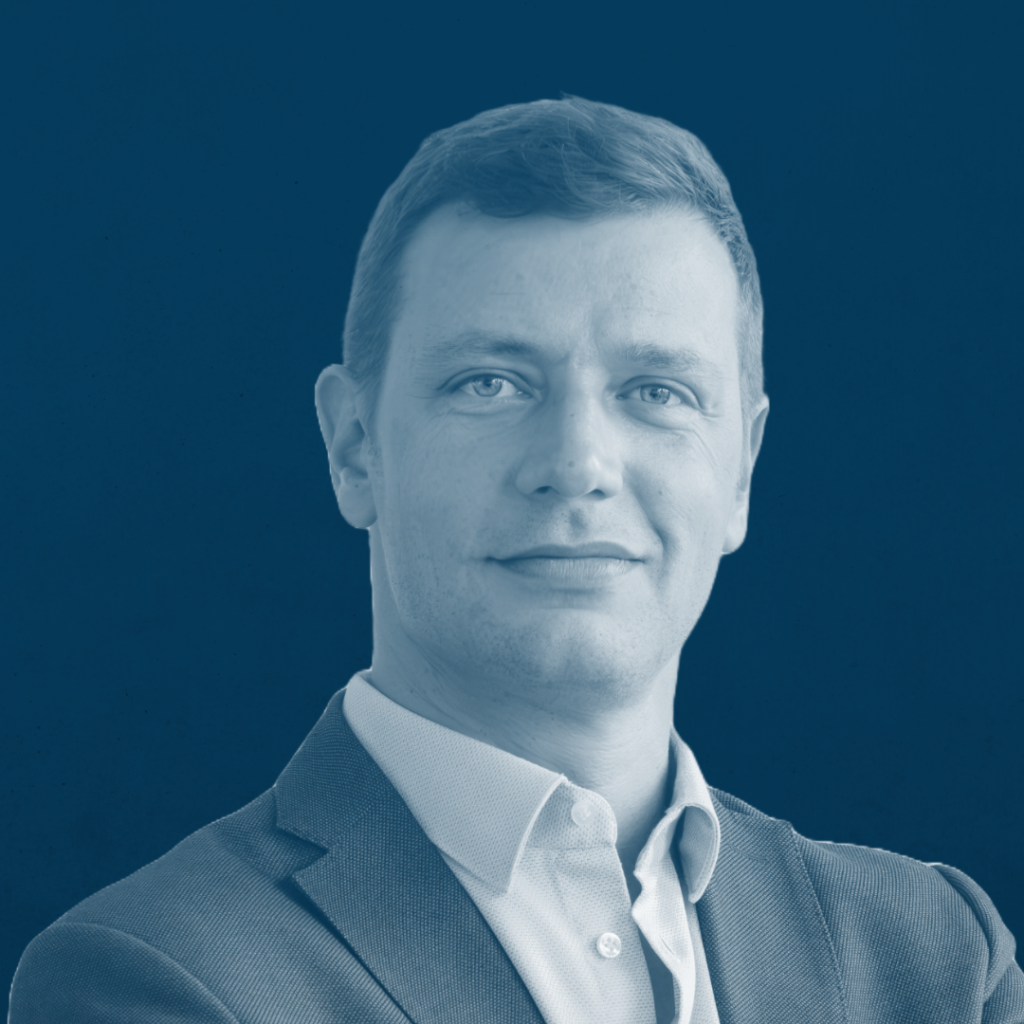
Family business legacy is a powerful catalyst, weaving deeply-held values and traditions into the fabric of continuous innovation, creating lasting competitive advantages across generations. By mastering the art of balancing tradition with change, family firms illuminate a path that inspires other businesses to integrate heritage authentically into their own strategies for enduring success.
– Josip Kotlar
Politecnico di Milano, School of Management
To maximise social and environmental value, we need to embed meaningful impact measurement standards and norms across the investment cycle
– Stefanie Kneer
Head of Sustainability, Three Hills
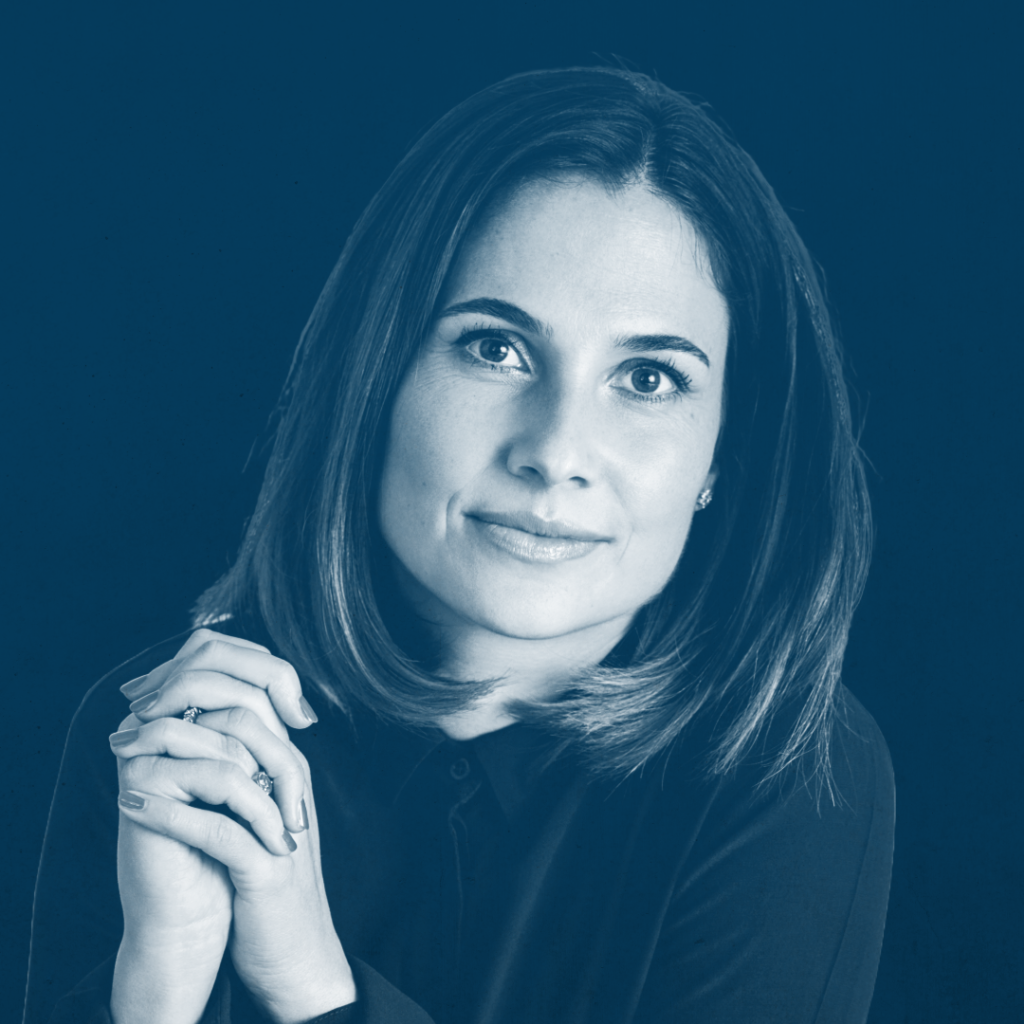
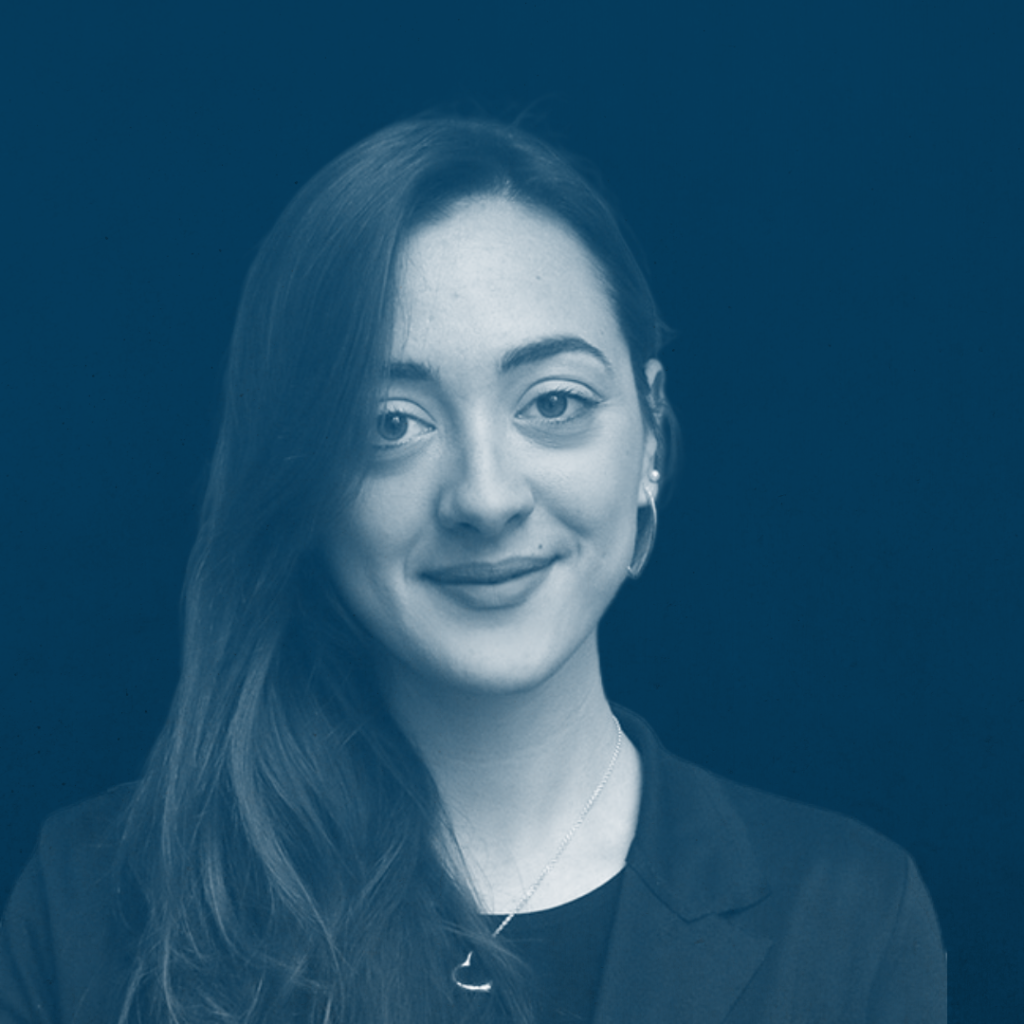
Dynamic capabilities and strategic approaches can foster both innovation and sustainability within diverse ecosystems, leading to innovation ecosystems that drive sustainable and shared value.
– Giulia Piantoni
Politecnico di Milano, School of Management
In the discussion about the future of the Italian production system and innovation, the topic of business growth periodically resurfaces. However, it is essential to move beyond the old dichotomy between small and large enterprises and focus on the conditions for growth, starting with the digital redesign of the business model. This insight is informed by the experience gained in a new master’s program, where participants are engaged in concrete accelerated growth projects, involving not only startups but also established SMEs.
– Andrea Bonaccorsi
Università degli Studi di Pisa
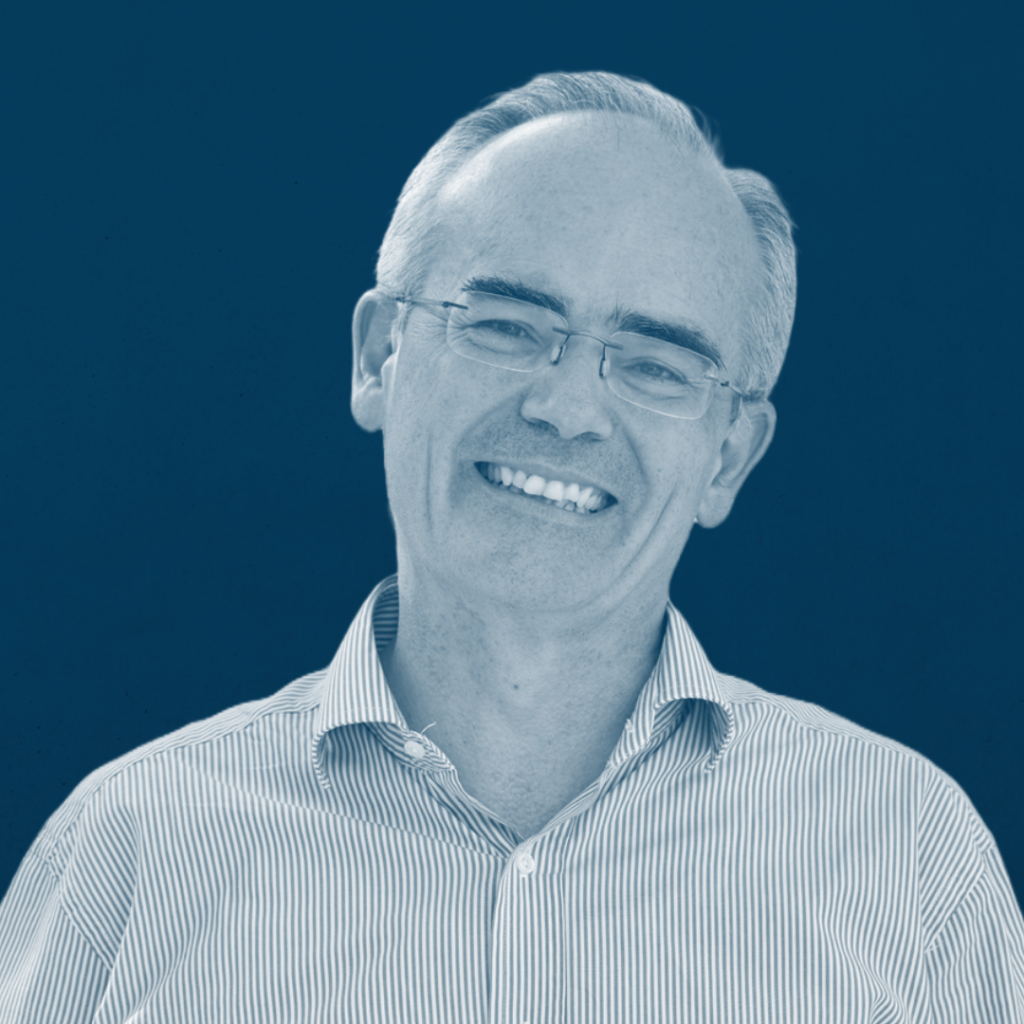
Crafting innovative solutions
One of the highlights of the Winter School was the group project work, where students applied AIG principles to propose solutions for real-world challenges in Biella. Guided by Polimi Tutors, teams collaborated with entrepreneurs, policymakers, and innovators to design sustainable strategies that bridge local needs with global applicability.
Looking ahead: shaping sustainable futures
The event culminated in project presentations, where students showcased their proposals to a panel of experts. The best projects were recognized in a final awards session, celebrating the creativity and impact of the participants’ work.
The 20th Cycle ASP Winter School was a transformative journey into innovation, collaboration, and the power of place-based thinking.
